Top Class Actions’s website and social media posts use affiliate links. If you make a purchase using such links, we may receive a commission, but it will not result in any additional charges to you. Please review our Affiliate Link Disclosure for more information.
Carter’s Inc. faces allegations the company promoted fake OshKosh discounts to entice customers into falsely believing they were saving money.
For years, Carter’s Inc. has fought multiple class action lawsuits regarding allegations that both its Carter’s stores and websites and OshKosh stores and websites lure customers by promising large percentage-off savings. Consumers allege the sale items never were sold anywhere at the inflated “list” prices, but were tagged with fake list prices to enhance the illusion of savings.
What is False Advertising?
The term “false advertising” covers a variety of misleading marketing ploys.
A misleading statement that could pose harm to consumers or other businesses is considered false advertising. A current example is at issue in a false advertising lawsuit currently facing food delivery company Grubhub. A Denver bar and restaurant filed a class action lawsuit against Grubhub last month alleging Grubhub lists a restaurant as closed or not accepting online orders if the restaurant is not doing business with Grubhub.
Freshcraft is the named plaintiff, who, according to court documents, alleges, “Grubhub benefits economically from its willful and false advertising campaign as consumers are steered to restaurants that use Grubhub’s delivery service.”
If the allegations are true, Grubhub’s allegedly false statements are causing harm to other businesses, and this meets one definition of false advertising.
Other types of false advertising messages may include a fake claim of a product’s medical benefits; the use of false claims that a product is organic or all-natural; deceptive quantities; and deceptive pricing schemes such as fake sales.
Were the OshKosh Discounts Falsely Advertised?
Many consumers allege OshKosh falsely advertised sales of merchandise that were not actually discounts off the regular prices at all.
For example, if an OshKosh T-shirt was on sale for $8 and the sale was promoted as 50 percent off the original price, the T-shirt would have an original list price of $16. OshKosh shoppers allege the T-shirt was never sold for $16 and that the $8 price was the going price for it on a regular basis.
Consumers say Carter’s and OshKosh create the false list prices in order to increase their revenues by tricking customers into thinking they have found a bargain with the purported discounts.
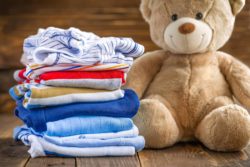
He additionally alleges that the hoodie was offered on the company’s website for a short period of time, but that the item was intentionally hard to find and purchase. The retail store and the website sold the hoodie for anywhere from $5 to $11 on a consistent basis, Simon claims.
What Are the Laws on Falsely Advertising Discounts?
The U.S. tasks the Federal Trade Commission (FTC) with protecting consumers from deceptive pricing or unfair practices.
The FTC explicitly says, “If the former price is the actual, bona fide price at which the article was offered to the public on a regular basis for a reasonably substantial period of time, it provides a legitimate basis for the advertising of a price comparison.”
If a retailer sells a keychain usually for $2.50, but inflates the price to $5 each for a few days, and then cuts the price back to the normal price of $2.50, he would be making a false claim if he advertised, “Great Deal! Keychains Were $5; Now Only $2.50” because the bargain is not genuine. A rigged sale is a fake sale.
Another tactic that is against the law is falsely stating that a retailer is selling items at “factory” prices when they are not selling merchandise at the same price as that paid by businesses that purchase directly from the manufacturer.
Other deceptive pricing schemes involve “Buy One – Get One Free,” “2-for-1 Sale,” “Half Price Sale” or “1-Cent Sale.” The FTC says that because the consumer must buy a piece of merchandise in order to receive the “free” or “1-cent” item that in reality, nothing is free or costs just one penny. Such sales are not illegal if the entire terms and conditions of the offer are absolutely clear at the time of purchase.
Should You File an OshKosh Discount False Advertising Lawsuit?
If you bought merchandise believing you were receiving an excellent deal through OshKosh discounts that didn’t really exist, you could be eligible to join a Carter’s or Oshkosh fake discount class action investigation. Federal and state laws are designed to protect consumers from misleading schemes that benefit retailers but take advantage of shoppers.
Join a Free Carter’s & OshKosh Class Action Lawsuit Investigation
If you purchased products in-store or online direct from Carter’s or OshKosh, you may qualify to join FREE a Carter’s and Oshkosh false discounts class action lawsuit investigation.
This article is not legal advice. It is presented
for informational purposes only.
ATTORNEY ADVERTISING
Top Class Actions is a Proud Member of the American Bar Association
LEGAL INFORMATION IS NOT LEGAL ADVICE
Top Class Actions Legal Statement
©2008 – 2024 Top Class Actions® LLC
Various Trademarks held by their respective owners
This website is not intended for viewing or usage by European Union citizens.







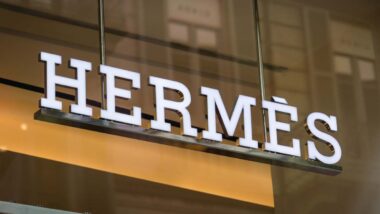
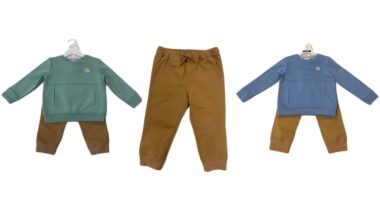
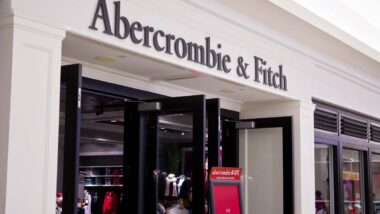
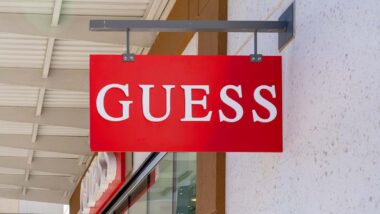

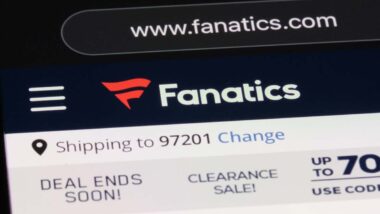
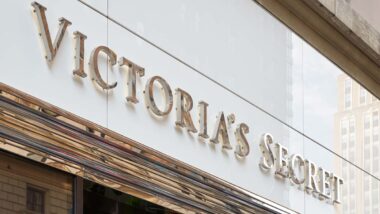
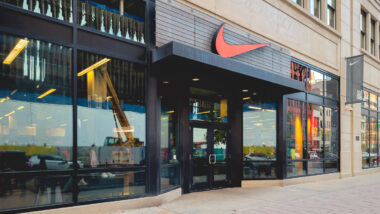

26 thoughts onWere You Misled by Fake Sales for OshKosh Discounts?
Add me
please add me
Please add me
addf me
Yes last week i bought several items
Please add me